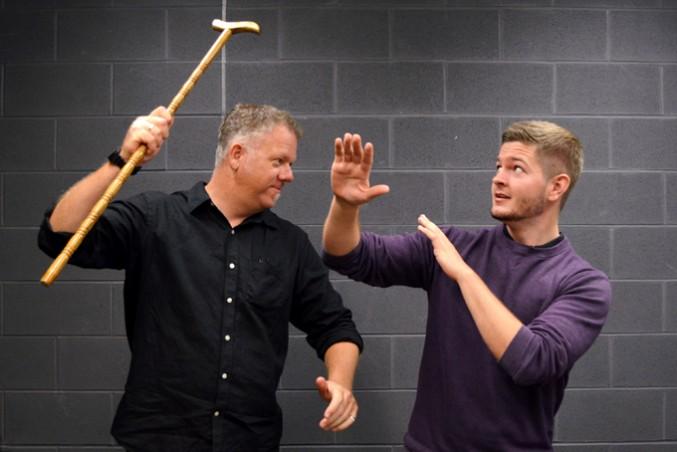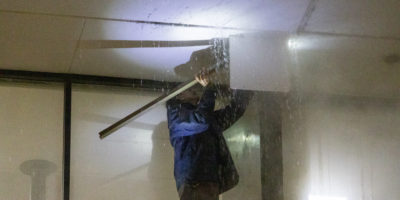By Jake Scott
After graduating you can expect equal work, but not equal pay.
A recent report by the Conference Board of Canada states that the wage gap between people age 25 to 29 and that of people age 55 to 59 has increased 64 per cent since 1980.
You can have the same job and do the same work but not the same pay as someone 30 years older.
This can be a problem when you enter a job and a senior employee makes double your pay for the same amount of work.
This two-tiered income system has many contributing factors, but the standout cause is employers unwilling to pay reasonable wages to skilled workers entering the workforce, according to the report.
“We are constantly trying to create links between the students’ union and labour on campus for precisely this reason,” said Ryerson Students’ Union Vice-President Education Jesse Root.
“A lot of management is pushing for a two-tiered [wage] system and particularly in a union environment, which is the case for most people [working] at the university, that’s really problematic,” Root said.
A two-tiered wage system creates two classes of workers, the high-paid seniors and the low-paid new hires, regardless of job responsibility or qualification.
Some think of it as a “loyalty bonus” where more time spent working for an employer is rewarded with more pay, but youth employment expert and lawyer Adam Langille thinks it’s unfair.
“The old adage, ‘Last hired, first fired,’ certainly still rings true,” Langille said. “Unions are [now] addressing the issue of intergenerational equity, which is good because many unions have essentially forgotten young people.”
Students entering the workforce are devalued through what Langille calls precarious work, such as part-time jobs, contract work and the dreaded unpaid internship.
But most students don’t have the luxury of turning down work after accumulating debt throughout post-secondary schooling.
“I think it’s a little unnerving when you look at the stats, but I think that’s the trend. It’s become more and more difficult to get an education that’ll get you a good job,” said first-year sport media student Victor Findley. “I’m up for a challenge … [but] it does make me feel uneasy.”












Leave a Reply